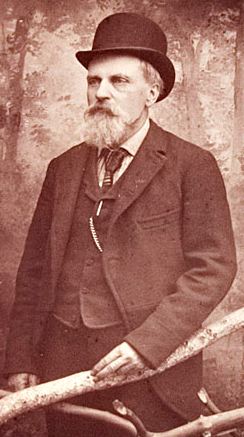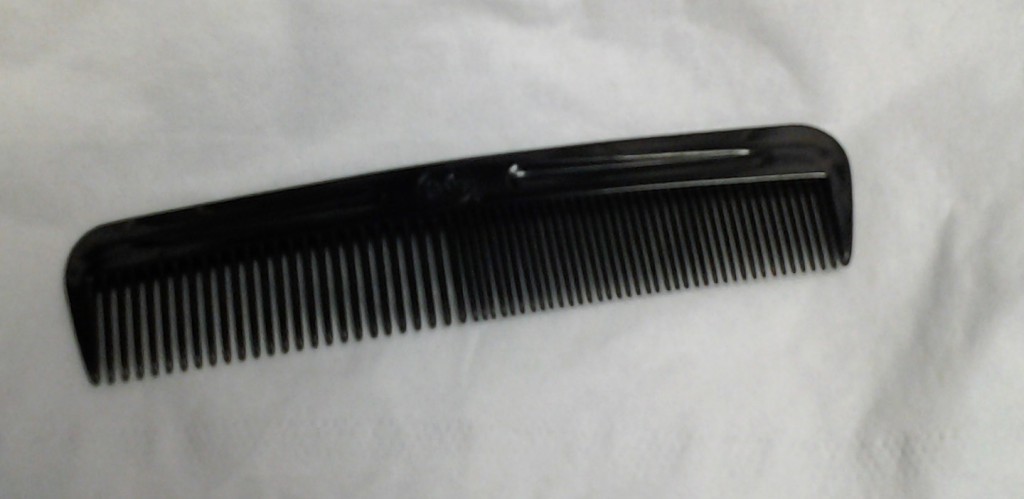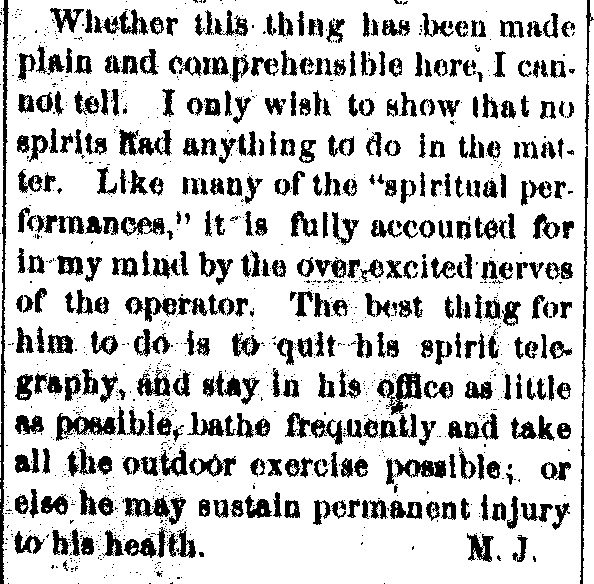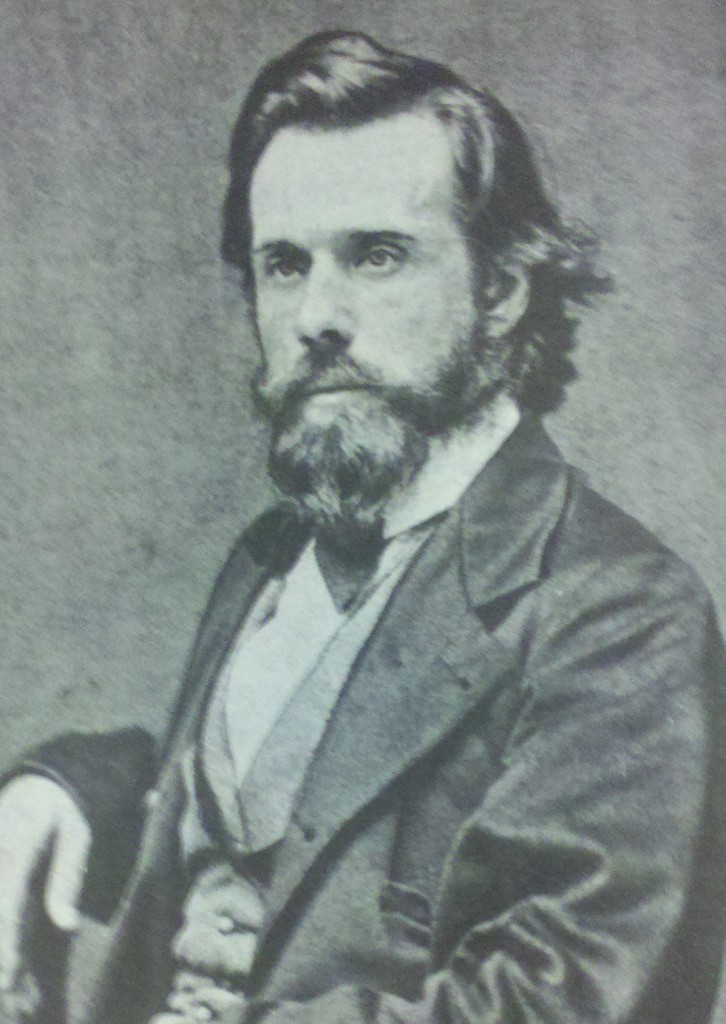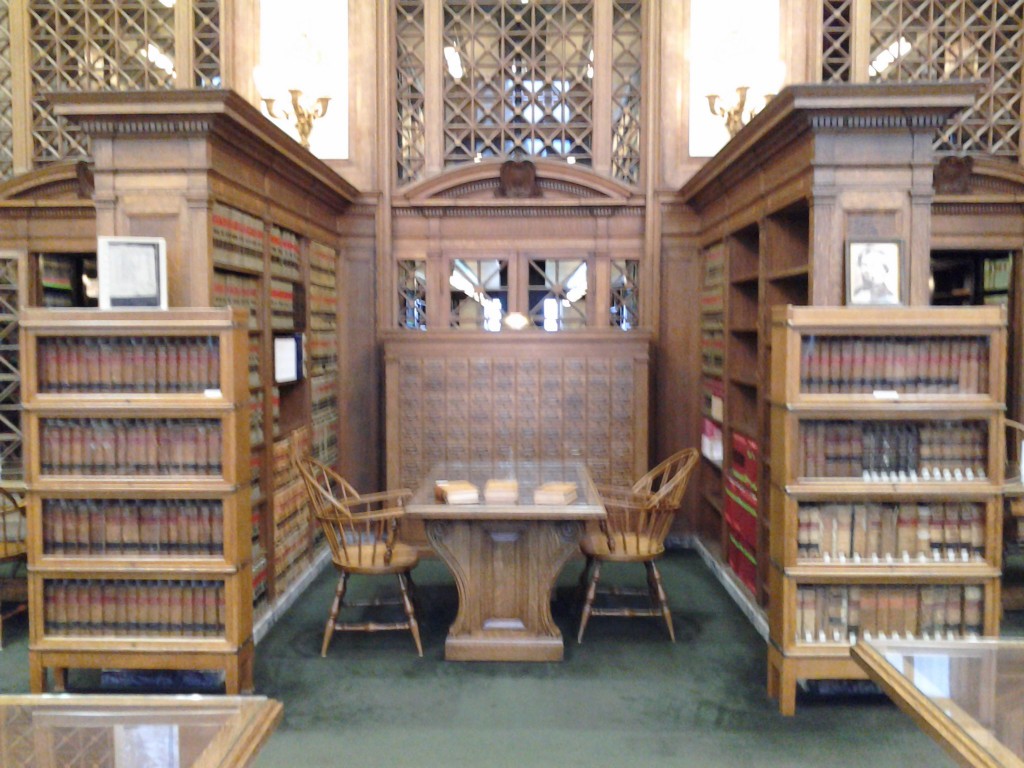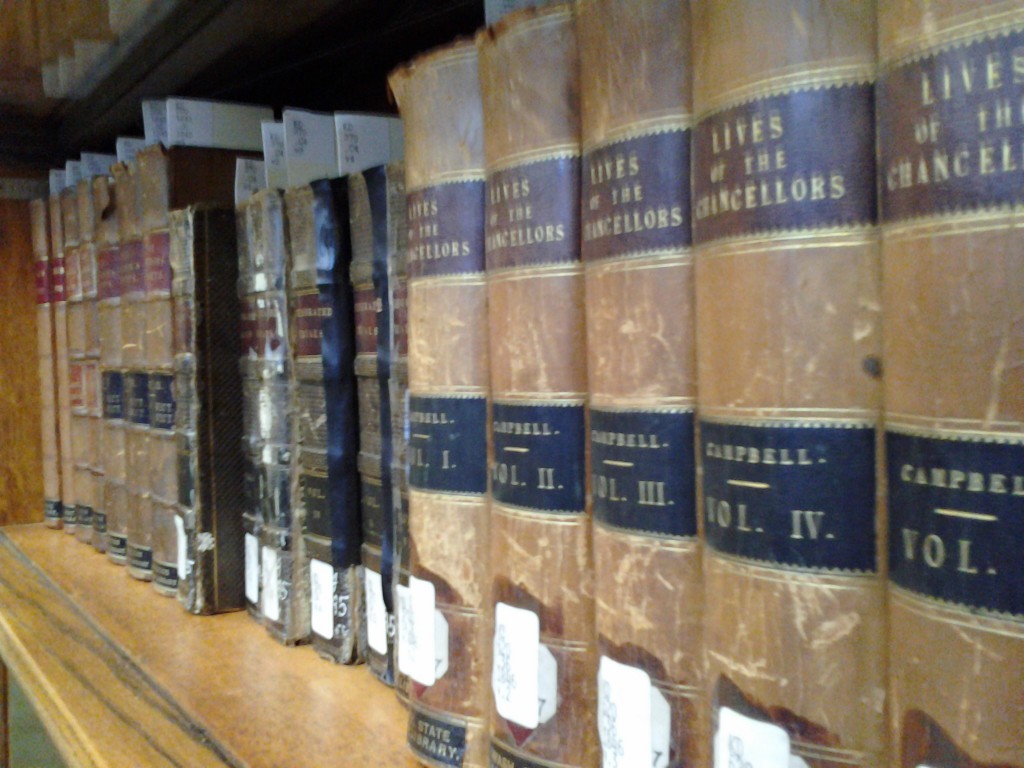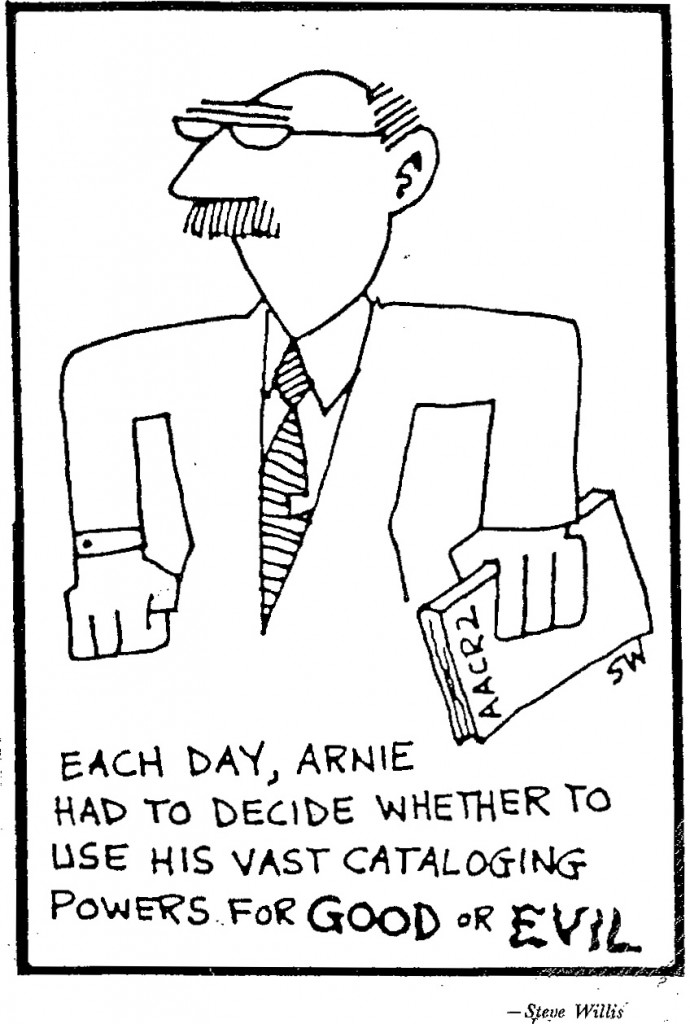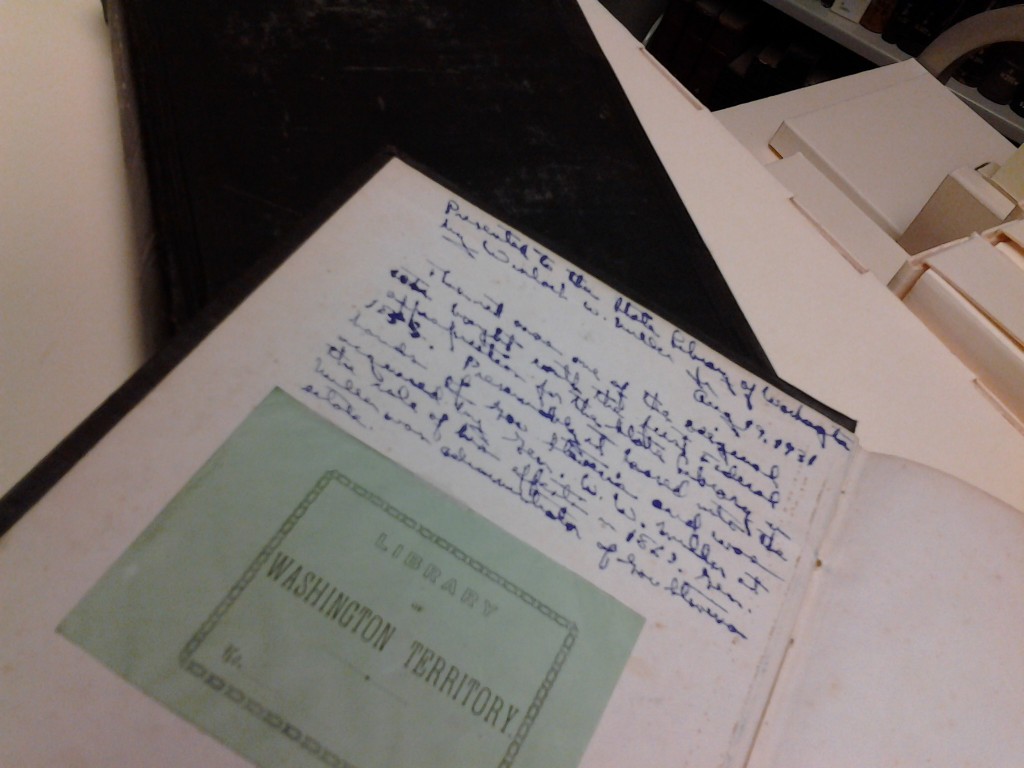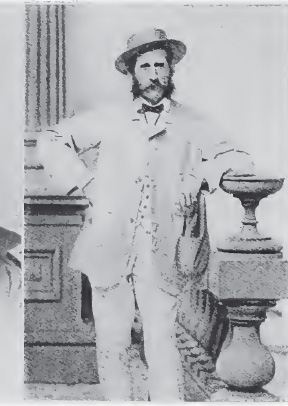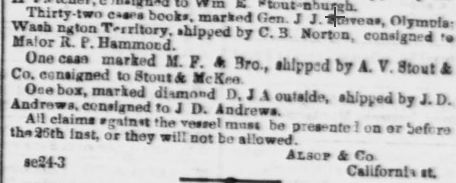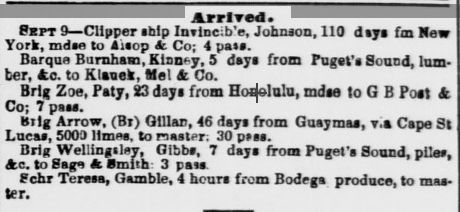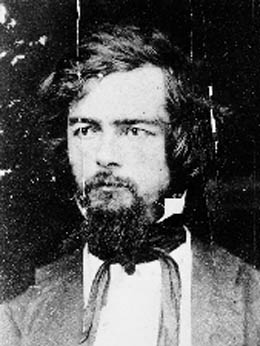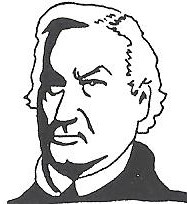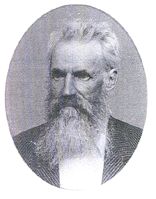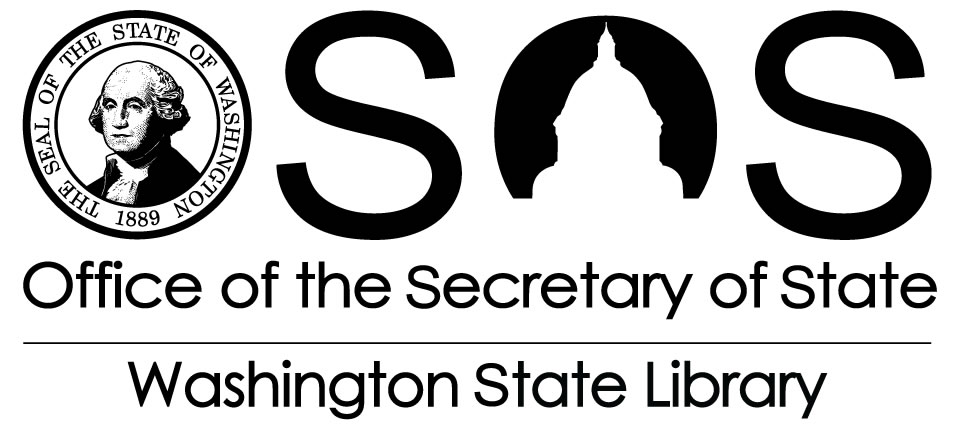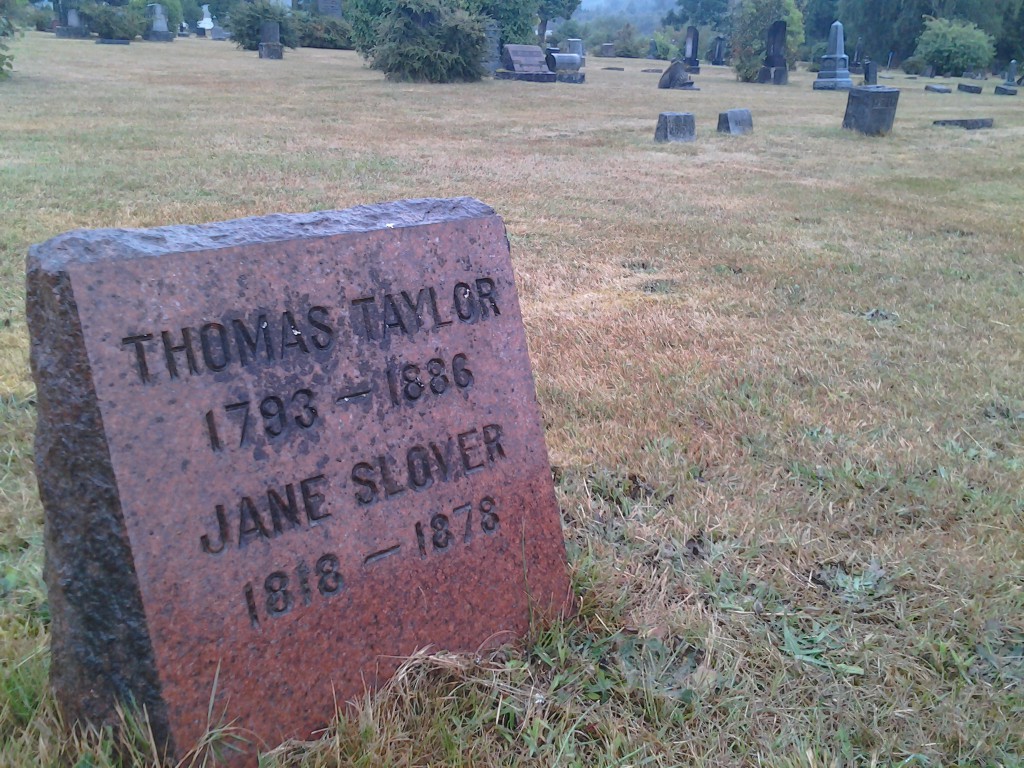
Thomas Taylor, 1862
From the Desks of the Central Library Staff
Although no oath of office record exists today, Taylor was apparently Librarian in 1862. The March 29, 1862 issue of the Washington Standard includes this Library Notice: “All persons having books belonging to the Territorial Library will please return at once, or the by-laws will be put in force. Thos. Taylor, Ter. Librarian.” He quite probably was the same aged Thomas Taylor who was born Oct. 17, 1793 (some sources say 1791) in Frederick County, Va. and came out to Oregon in the early 1850s from Morgan County, Illinois. In 1861 he served as a member of the House in the 9th Session. For a while he lived in the Grand Mound area and then in Elma. He was a long-time and active preacher, remaining in amazingly good health during his senior years. Taylor died in Elma, Wash., May 14, 1886.
John Paul Judson, 1864
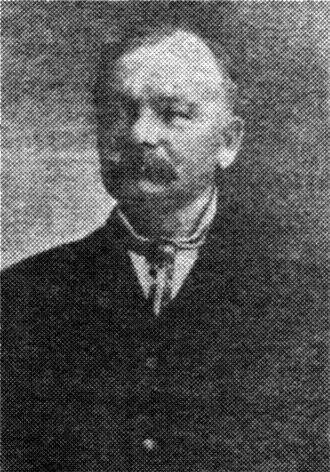
John Paul Judson
Born May 6, 1840 in Cologne, Prussia, J.P. Judson’s family came to Illinois in 1845. In Oct. 1853 they made their way to Pierce County. According to Bancroft, “He earned the money in mining on the Fraser River with which he paid for two years’ schooling in Vancouver.” The young Judson was appointed Territorial Librarian while still a law student and literally lived in the Library “to have more ready access to the law books then at his command,” so wrote John Miller Murphy. He also worked as Chief Clerk in the House in 1864. For a brief time he was a school teacher until he earned his law degree in 1867 and went into private practice.
After living in Port Townsend, he returned to Olympia in order to assume the office of Territorial Superintendent of Public Instruction, a post he held from 1873 to 1880. His legacy was overhauling Washington’s educational system. As Dryden explains:
The School Law of 1877 was an important milestone because it marked the end of the pioneer period in education. Responsibility for it can be attributed to John P. Judson, Washington Territory’s … superintendent of public instruction. This law created a Territorial Board of Education with specified duties, and it also provided for county boards of education. One section dealt with certification of teachers, qualifications, and examinations.
Writer Angie Burt Bowden echoes, “His term was one of the most important in territorial history, because of its length– he served six years– because of the growth in professional spirit and usefulness through the county and territorial institutes; and because of the initiation of the Board of Education.” In 1876 he was the Democratic candidate for Territorial Delegate to Congress and lost by a mere 73 votes. In 1877 he also held the office of Olympia Mayor. After his Superintendent term was completed, Judson moved to Tacoma and became a Regent for the University of Washington. His final years were spent in Spokane and then Colville, where he died in April, 1910.
[The Territorial Librarian profiles were compiled by Sean Lanksbury, Mary Schaff, Kim Smeenk, and Steve Willis]






